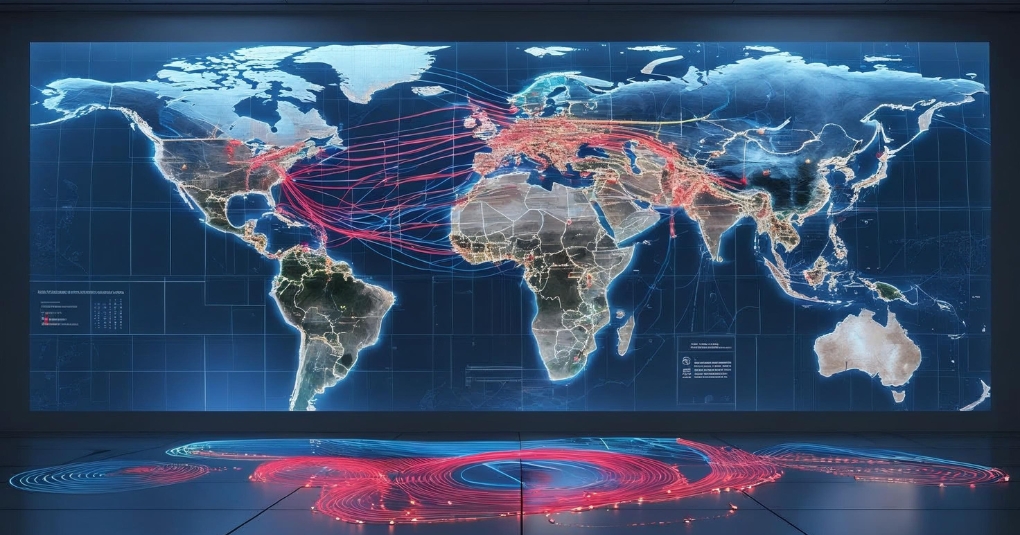Financial Regulation

The New Rulebook Has No Rules
Just when companies thought they had mastered GDPR and data compliance, a new disruptor has entered the boardroom: geopolitics. From sudden sanctions to shifting trade alliances, businesses today operate in a world where political turbulence translates into real regulatory risk. Gone are the days of static compliance checklists—legal teams now need to read headlines as carefully as legislation. In this fast-changing landscape, geopolitical risk isn’t a footnote—it’s front and center.
Sanctions: The Silent Saboteur
Sanctions used to be the stuff of diplomatic chess. Today, they can shut down operations overnight. With governments imposing and expanding sanctions with little warning, companies must scramble to identify exposure in supply chains, customers, and even investors. Compliance teams are no longer just monitoring laws—they’re tracking real-time updates from multiple jurisdictions. Sanctions are less about legality and more about agility.
Tariffs and Trade Wars: The Cost of Uncertainty
The rise of tariffs as a policy weapon has turned trade into a game of high-stakes volatility. One day it’s business as usual, and the next, a cross-border tax could upend pricing models or reroute logistics. Legal and procurement teams are collaborating like never before to build flexible contracts and “what-if” scenarios. Predictive modeling and policy foresight are becoming must-haves in the compliance toolbox.
Political Instability as Operational Risk
A coup in one country. An election in another. These events might once have been seen as background noise—but now they can freeze bank accounts or block technology transfers. Businesses with international exposure must map out risk not just by region, but by regime. Risk assessments now include political sentiment, press freedom indexes, and even diplomatic moods—because all of them can impact compliance obligations.
From Checklists to Crisis Playbooks
Traditional compliance models were built on the idea of known risks and steady regulations. Geopolitics doesn’t play by those rules. Legal teams are now building dynamic risk dashboards, war rooms, and response protocols. Much like cybersecurity evolved from IT departments to boardroom-level urgency, geopolitical risk is demanding a permanent seat at the strategy table.
Conclusion: The New Normal Is Political
In a hyper-connected, fragmented world, geopolitics is no longer someone else’s problem—it’s everyone’s compliance challenge. The legal function has become a strategic command center, interpreting not just laws, but intent, timing, and global currents. Just like GDPR redefined data responsibility, geopolitics is rewriting the playbook for risk management. The companies that thrive will be the ones who treat headlines like highlighters—and prepare accordingly.
Tags:
Corporate GovernanceFinancial ReportingInsurance RegulationAuthor - Aishwarya Wagle
Aishwarya is an avid literature enthusiast and a content writer. She thrives on creating value for writing and is passionate about helping her organization grow creatively.


